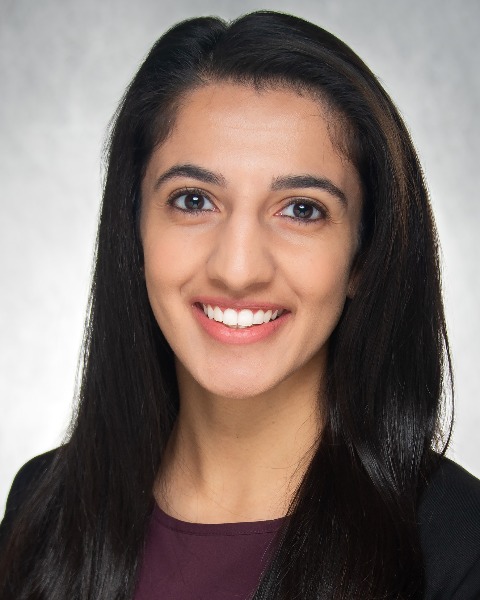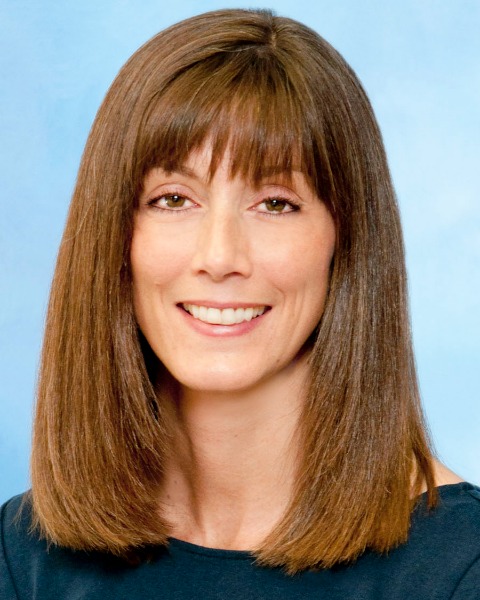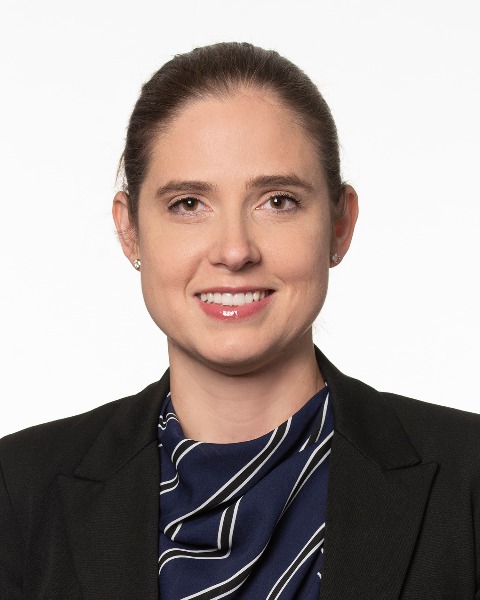Diversity, Equity, and Inclusion
Trainee
Lost in Translation: A Medical Improvisation Workshop to Address Language Barriers
-

Aunum Akhter, MD (she/her/hers)
Clinical Assistant Professor
University of Iowa
Iowa City, Iowa, United States -

Kate Stanley, MD, FAAP (she/her/hers)
Clinical Associate Professor of Pediatrics/Neonatology
University of Michigan Medical School
Ann Arbor, Michigan, United States -

Stephanie Kukora, MD (she/her/hers)
Assistant Professor, Neonatology and Bioethics
Children's Research Institute, Children's Mercy Hospital
Children's Mercy, Kansas City, Missouri, United States -

Brittany Batell, MPH MSW (she/they)
Plain Language Specialist and Patient Education Project Manager
Michigan Medicine
Saline, Michigan, United States -
GA
Gitanjli Arora, MD (she/her/hers)
Associate Professor
Children's Hospital Los Angeles
Los Angeles, California, United States
Leader(s)
Co-Leader(s)
Workshop
Description: This educational workshop is designed to address language barriers and teach communication skills for use with interpretive services. Language barriers are associated with unequal access to healthcare, limitations in shared medical decision making, and poorer patient outcomes. Patients and families with a primary language different from their healthcare providers are at increased risk for having decreased access to primary and preventative care, increased risk of medical errors, longer hospital stays, and diminished patient satisfaction. In neonatal and pediatric intensive care units, language barriers are especially challenging given the chronic illnesses and complexities of patients as well as the long-term follow-up required after discharge. Additionally, clinicians have been shown to express hesitancy in using interpreter services due to availability and increased time requirements using an interpreter. To address language discordance between patients and healthcare providers, we designed a workshop using medical improvisation to introduce participants to communication skills to use with interpretive services. Medical improvisation is a unique and innovative educational tool that utilizes improvisational theater techniques to improve communication, cognition, adaptability, flexibility, and teamwork in medicine. In this workshop, we used new and adapted improvisation exercises accompanied by facilitated debrief discussions to encourage inter-professional reflection on how knowledge and experiences gained in each activity can be applied across multiple clinical encounters. The debriefings focus on 1) increasing awareness and need for interpretive services for efficacy of communication, 2) using appropriate tone, detail, and clarity while assessing for comprehension and, 3) recognizing the importance of routine communication and interpretive services use.
Learning Objectives:
- Upon completion, participants will be able to describe why interpretive services are an essential tool for effective clinician and family communication and recognize the legal obligation to provide interpretive services to families with language barriers.
- Upon completion, participants will be able to recognize and demonstrate communication strategies that will allow for collaboration with interpreters and families including: optimizing information delivery and comprehension, using appropriate tone and detail, recognizing non-verbal communication, and cultivating empathy and emotional intelligence.
- Upon completion, participants will be able to explain the importance of routine communication for families with language barriers for clinical comprehension and shared decision-making.
